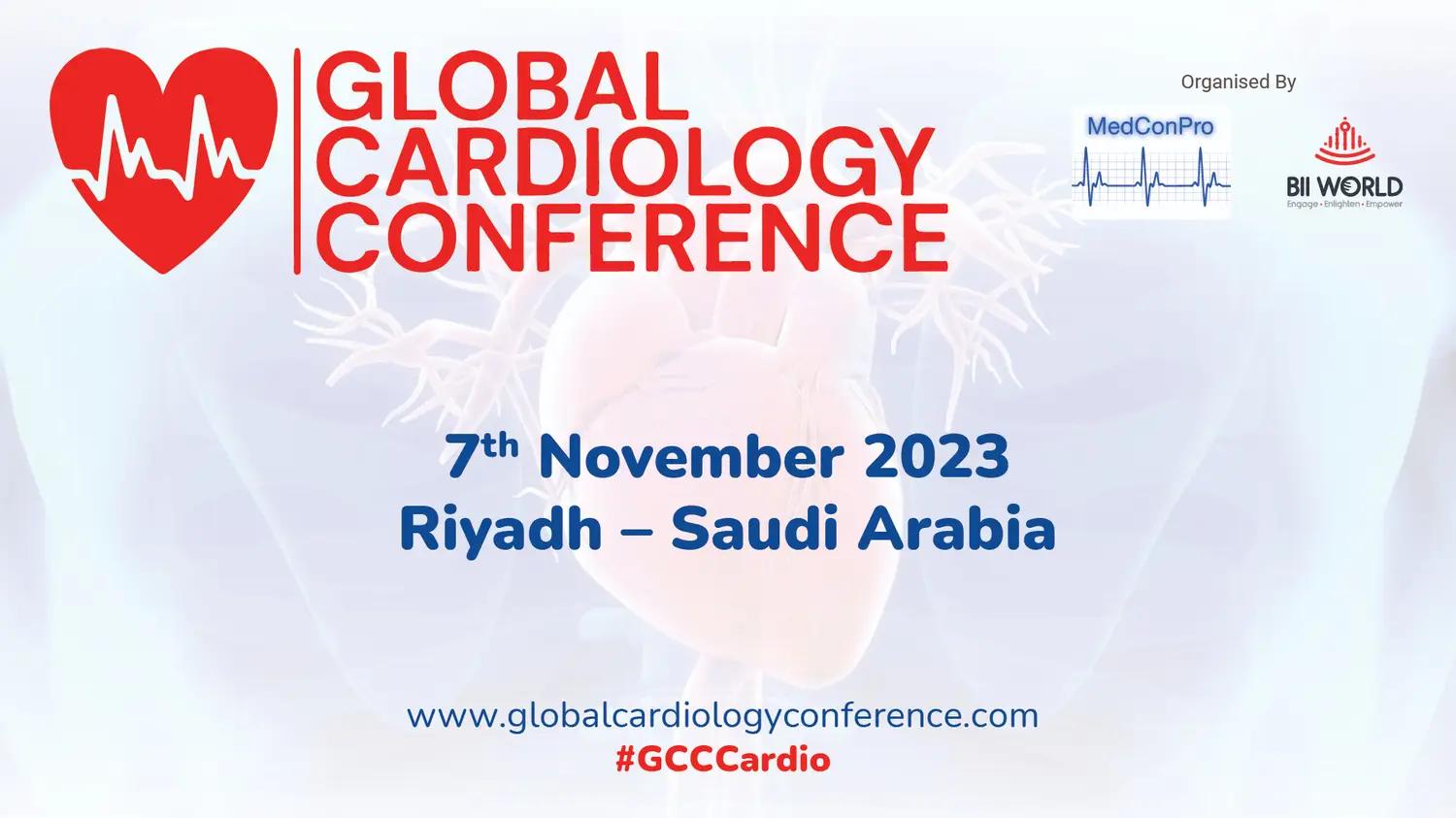
The Latest Evidence on Emerging Therapies and Innovations in PAH Management
English
Recorded Courses
hosted by National Association of Managed Care Physicians (NAMCP)
hosted by National Association of Managed Care Physicians (NAMCP)
attend it anywhere online
category
Healthcare Management, Nursing, Medicine
Cardiology
price
On Book
The Latest Evidence on Emerging Therapies and Innovations in PAH Management is organized by National Association of Managed Care Physicians (NAMCP).,,This activity is valid from August 1, 2022, to August 1, 2023,,Description:,Pulmonary Arterial Hypertension (PAH) is a progressive vascular disorder characterized by vascular remodeling of the pulmonary arteries which carry blood from the heart to the lungs. For those with PAH, the muscles within the arterial walls tighten, which can cause thickening and/or scar tissue to develop, increasingly narrowing their diameter. This leads to a progressive increase in pulmonary vascular resistance that leads to right ventricular failure and significant morbidity and mortality. Over time, the heart muscle can become so weakened that its ability to pump enough blood through the body is lost, leading to heart failure. The estimated prevalence is between 15 and 50 cases per million individuals and about half of people diagnosed with PAH will not live past five years, while those with untreated PAH have an average survival expectancy of approximately three years following diagnosis – and even with aggressive management, PAH has a 15% annual mortality rate.,,There continue to be significant challenges in identifying and diagnosing PAH because it requires a combination of information based on symptoms, a physician examination, risk factors, and other findings based on previous tests. Evaluation to detect the presence of PAH requires a comprehensive set of tests, which typically include laboratory testing, echocardiography, pulmonary function testing, assessment of exercise capacity with six-minute walk distance or cardiopulmonary exercising testing, imaging, nocturnal oximetry and/or overnight polysomnography, and right heart catheterization. These extensive tests are crucial in determining the severity of PAH and the appropriate treatment strategies for patients on an individual basis, driven by a provider’s knowledge of each patient’s specific needs.,,Upon completion of this activity, participants will be able to:,• Examine the most recent guideline recommendations for evidence-based diagnostic screening and assessment of pulmonary arterial hypertension (PAH),• Compare and contrast the efficacy and safety data of traditional PAH pharmacotherapies for treatment of PAH patients,• Review the latest clinical evidence for the use of new therapies that target novel pathways in the treatment of PAH,• Discuss a multidisciplinary approach for engaging patients with PAH in shared decision-making to optimize outcomes and promote patient-centered care,• Assess managed care considerations and strategies to improve the chances of improving treatment goals in PAH.









